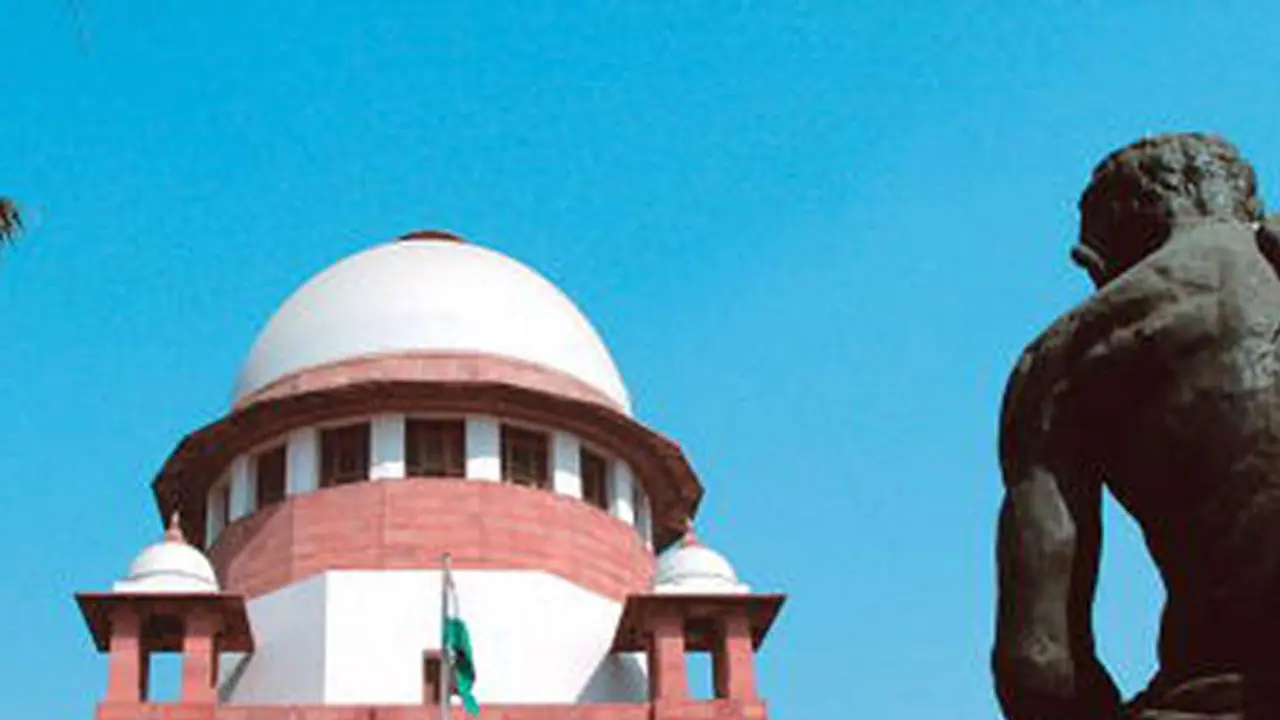The start can be traced back to September 23, 2016 The Central Government has conveyed to the Supreme Court its stand that privacy is a fundamental right but not all privacy Petitioners have said that it was the government’s duty to protect the people’s rights under Articles 19 and 21 of the Constitution and safeguard their privacy.
#. The start can be traced back to September 23, 2016 when the SC was hearing a case challenging a Delhi High Court verdict regarding WhatsApp and its new privacy policy. But the court stopped it from sharing the data of its users collected up to September 25, 2016, with Facebook or any other related company.

#. The apex court had on January 16 sought responses from the Centre and telecom regulator Trai on a plea that privacy of over 157 million Indians has been infringed by social networking sites – WhatsApp and Facebook – for alleged commercial use of personal communication.
#. The Central Government has conveyed to the Supreme Court its stand that privacy is a fundamental right but not all privacy. The Centre has contended that though several judgments by the benches of strength of two or three judges had held that right to privacy was fundamental but it was the judgment of 1954 and 1962 by the larger benches that holds the ground.
#. The court had fixed 18 April, 2017 as the date for hearing by the larger bench. Petitioners Karmanya Singh Sareen and Shreya Sethi had previously contended that under a new policy, WhatsApp could access, read, share and use the contents for commercial purposes and the same impinged on the privacy of its users. The petitioners had said that it was the government’s duty to protect the people’s rights under Articles 19 and 21 of the Constitution and safeguard their privacy.
#. Centre and BJP-ruled Maharashtra and Gujarat contend that right to privacy was not a fundamental right.
#. In July 2017: The states where non-BJP governments are ruling, like Karnataka, Puducherry, West Bengal and Punjab, had taken strong objection to this. The four states have submitted an application to the Supreme Court appealing to interfere. Kapil Sibal, senior advocate, who is representing all the four states, argued that in the current times of technological advancement, the court has to re-look at the right to privacy. Privacy is not an absolute right but a fundamental right, he argued.
#.The Unique Identification Authority of India too said that privacy was not a fundamental right and there were sufficient safeguards to protect data collected from the people
#.Previous ruling: The decision to set up the nine-judge bench was taken to examine the correctness of two apex court judgements delivered in the cases of Kharak Singh and M P Sharma, decided by six and eight judge benches respectively, in which it was held that this right was not a fundamental right.
#. The Attorney General had also contended that right to privacy cannot fall in the bracket of fundamental rights as there were binding decisions of larger benches that it was only a common law right evolved through judicial decisions.
